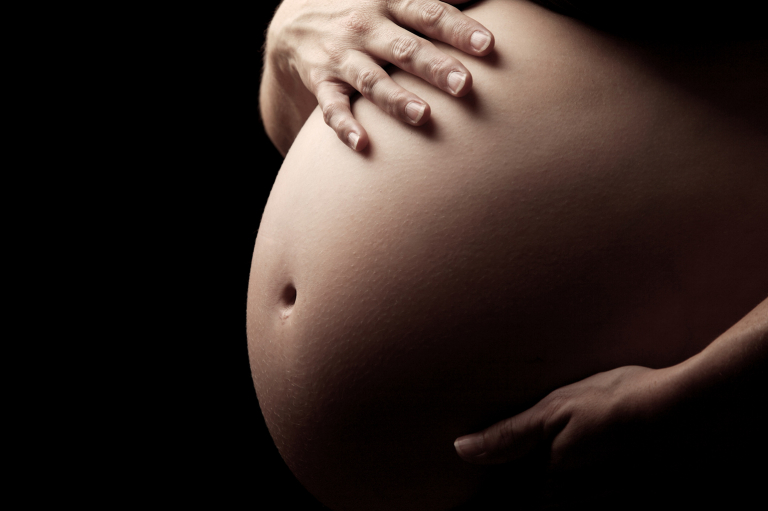High pesticide levels in pregnant mothers linked to autism in children

Image: pascalgenest/IStock.com via AFP Relaxnews
New research has found a link between high levels of pesticides during pregnancy and an increased risk of autism in children.
Carried out by researchers at Columbia University along with the University of Turku and the National Institute for Health and Welfare, Finland, the study looked at data gathered from the Finnish Prenatal Study of Autism, a national birth cohort study, to examine the levels of DDE in pregnant women.
DDE is a breakdown product of the pesticide DDT (dichlorodiphenyltrichloroethane), which, though banned in many countries decades ago, can still be found in the food chain. This results in continuous exposure among some populations, and as the chemicals transfer across the placenta, children may also be at risk of prenatal exposure.
For the new study, the researchers looked at 778 children with autism and 778 children without autism who acted as control subjects. They measured the levels of DDE and DDT in blood serum samples taken from the mothers during early pregnancy.
After taking into account the mother’s age and other possible factors, the results showed that the chance of a child having autism was significantly increased if the mother had an elevated level of DDE, defined as the 75th percentile or greater.
In addition, the odds of children having autism with intellectual disability increased more than twofold when maternal DDE levels were above this threshold.
“We think of these chemicals in the past tense, relegated to a long-gone era of dangerous 20th Century toxins,” says lead author Alan S. Brown. “Unfortunately, they are still present in the environment and are in our blood and tissues. In pregnant women, they are passed along to the developing fetus. Along with genetic and other environmental factors, our findings suggest that prenatal exposure to the DDT toxin may be a trigger for autism.”
The researchers also examined the levels of PCBs (polychlorinated biphenyls), which are chemicals used in industrial application, but found no association between the chemicals and autism in children.
The authors concluded that their findings “provide the first biomarker-based evidence that maternal exposure to insecticides is associated with autism among offspring.” They noted that the study contributes to the understanding of autism and has implications for preventing the disorder. However, they added, the results do not prove causation, and further research is neccessary.
The results were published in the American Journal of Psychiatry. JB
RELATED STORIES:
Regular, active breaks could counteract the effects of a sedentary lifestyle
Spa kicks off grand opening of its Banawe – QC branch














